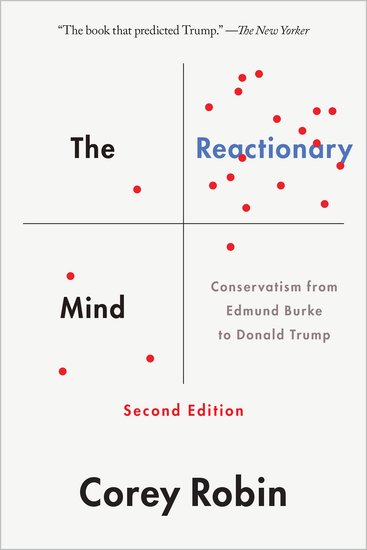The consonance between Trump’s inconsistency and the right’s embrace of contradiction raises a deeper question: Is Trump really a conservative? For many of his critics, on the left and the right, the answer is no. Trump’s racism, irregularity, and populism, and the ambient violence that trails his entourage, are seen as symptoms of a novel disease on the right, a sign that Trump has broken with the traditions and beliefs that once nourished the movement. Yet while the racism of the Trumpist right is nastier than that of its most recent predecessors, it is certainly not nastier or more violent than the movement’s battle against civil rights in the 1960s and ’70s, in the courts, legislatures, and streets. The weaponization of racism and nativism under Trump intensifies a well-established tradition on the right, as studies of American conservatism from the 1920s through the Tea Party have shown. Likewise, the erratic nature of Trump’s White House, the freewheeling disregard of norms and rules, reflects a long-standing conservative animus to the customary and the conventional, as do Trump’s jabs against the establishment. There are important innovations in Trump’s populist appeals, but populism has been a critical element of the right from its inception.
In other words, conservatives have breached norms, flouted decorum, assailed elites, and shattered orthodoxy throughout the ages. Still, Trump does represent something new.
Trump embodies a tension between two visions on the right: what we might call the political and the economic. One vision prizes heroism, glory, and elite action, and is associated with the battlefield, high politics, and hard affairs of state. The other celebrates the market and trade, the accumulation of wealth and exchange of commodities, and is associated with unfettered capitalism. The conflict between the warrior and the businessman is an old one, predating the rise of the right and of capitalism. But since the 18th century, that conflict has produced on the right an intense ambivalence about capitalism. A ruling class “skilled in commerce and finance,” declared a fretful Teddy Roosevelt, perpetually weighs the “honor of the nation and the glory of the flag” against a “temporary interruption of money-making.” Such a class looks upon the state as a “till.” It “loses the hard fighting virtues” and comes to preside over a “rich nation which is slothful, timid.”
Against the deadening effects of capitalism, one side of the right has propped up the spheres of war and high politics. “I enjoy wars,” said Harold Macmillan, Britain’s midcentury Tory prime minister. “Any adventure’s better than sitting in an office.” Capitalism in this view is not so much eliminated as downgraded, its place in society diminished to make room for what Nietzsche called grosse Politik.

